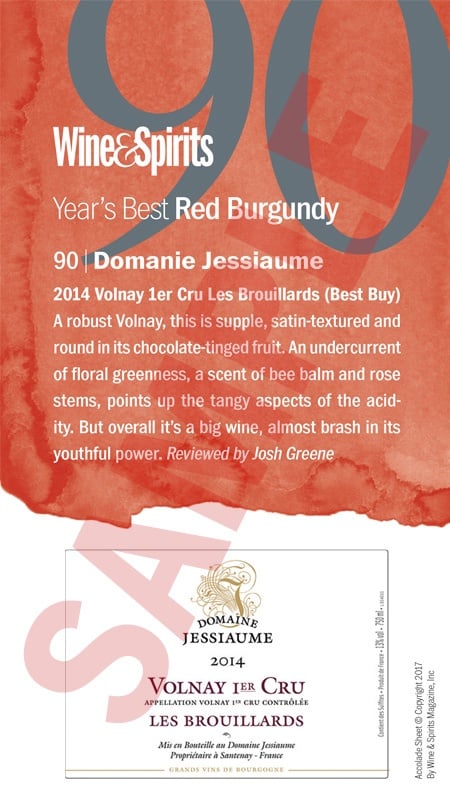Recently, I set out a bottle of Retsina along with a few other wines, and the Retsina flew. “What is this?” my neighbor asked, refilling her glass. “You’re drinking Retsina?!” her tablemate exclaimed, then insisted on trying it himself. If you’re old enough to remember when Retsina was rotgut flavored…
To read this article and more,
subscribe now.
To continue reading without interruption, subscribe and get unlimited digital access to our web content and wine search.
This story appears in the print issue of Fall 2018.
Like what you read? Subscribe today.















